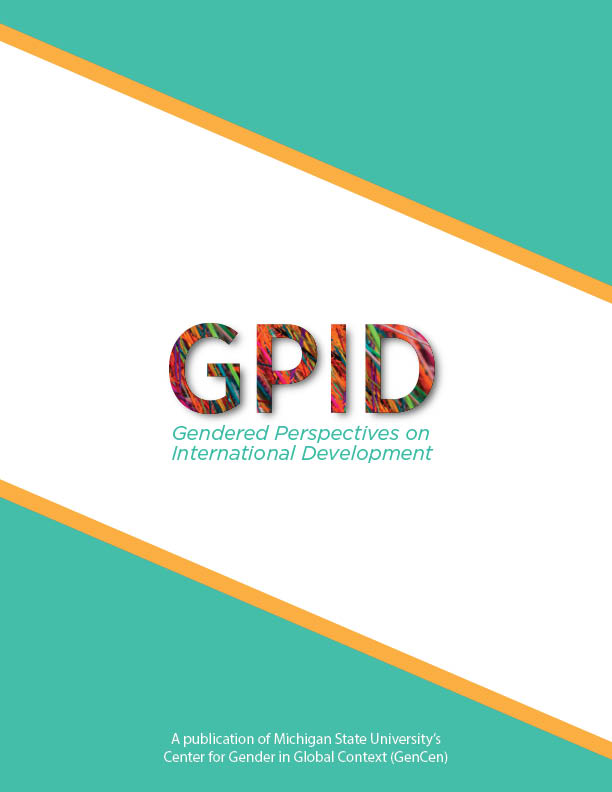Gendered Civic Epistemology
Knowledge Practices during an Ebola Outbreak in Guinea and Mali
Keywords:
civic epistemology, gender differences, Ebola, public knowledge, Guinea, Mali, knowledge practicesAbstract
This paper analyzes how public trust and reason were being negotiated within the political and scientific challenges surrounding the 2014 Ebola crisis in Guinea and Mali. Using qualitative data collected during and at the end of the crisis with local community members we explore civic epistemology as an analytic framework to interpret how women and men were sense-making to create public knowledge for their communities, families and themselves. The paper begins with the arrival of Ebola in Guinea and Mali. We discuss three themes from the interviews through the lens of civic epistemology: sources of information, causes of Ebola and hand washing to illustrate how gender roles and norms inform the stabilizing of knowledge. Our examples illustrate differences in civic epistemologies for women and men that are shaped and informed by their roles, responsibilities and cultural norms as females and males.
Published
Issue
Section
License
Copyright (c) 2024 Abou Traore, Wenda Bauchspies, Wesley Shrum

This work is licensed under a Creative Commons Attribution-NonCommercial-NoDerivatives 4.0 International License.
Gendered Perspectives on International Developement is published under a Creative Commons Attribution-NonCommercial-NoDerivatives 4.0 International License. Authors of accepted papers will be required to sign an author publishing agreement.

